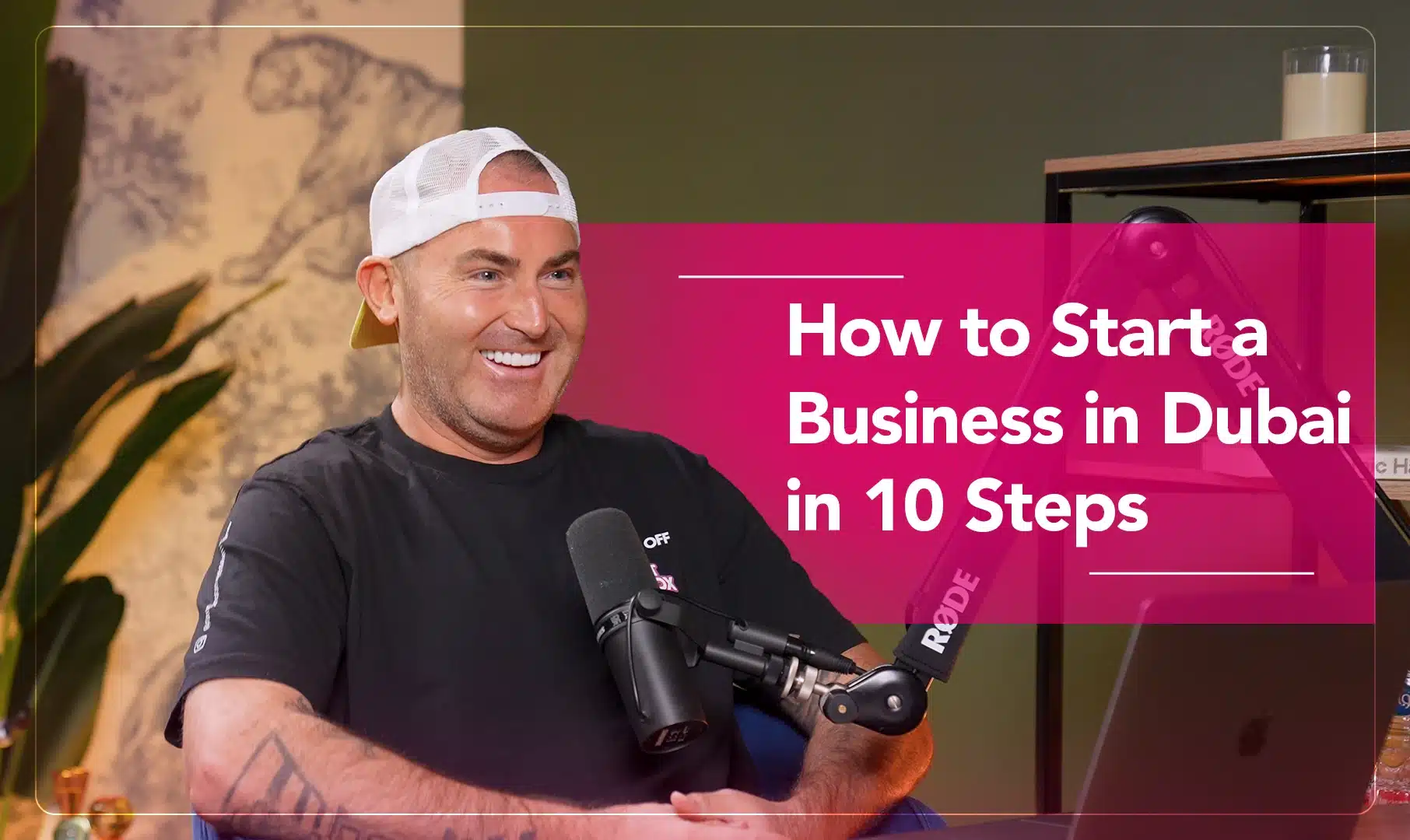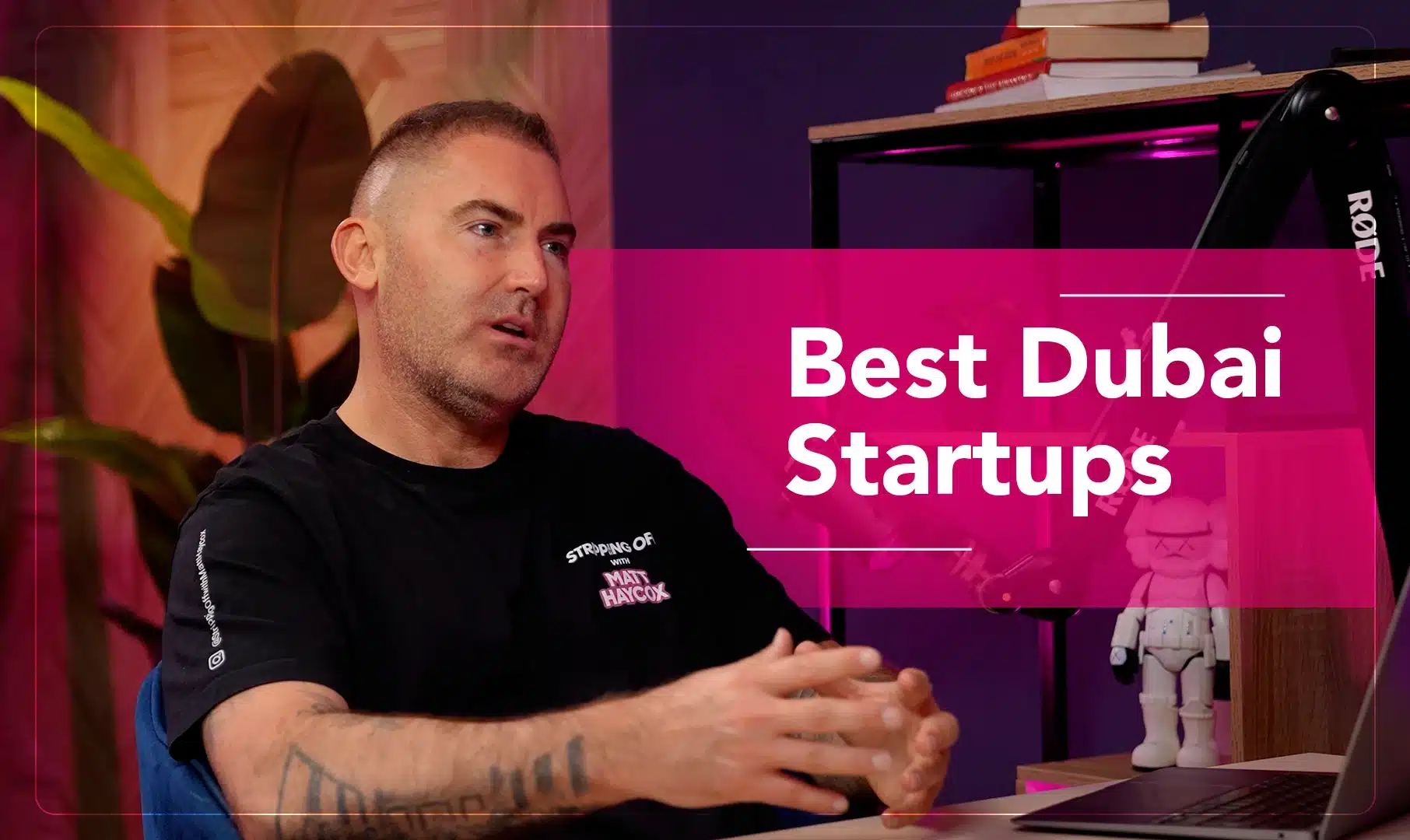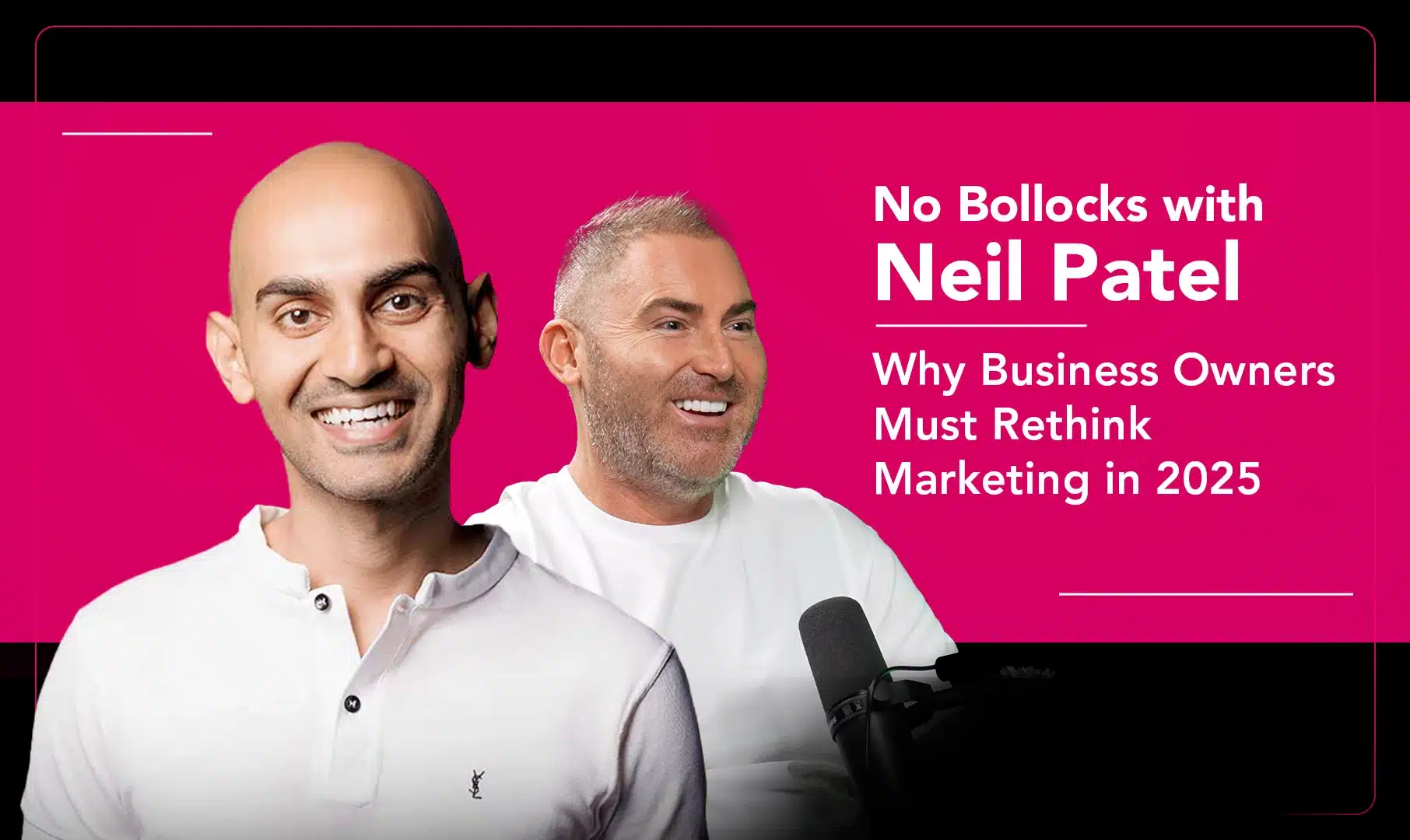In today’s fast-moving business world, having quick access to funds can be a game-changer, whether it’s to grab a new opportunity or cover urgent expenses. Quick business funding is designed to help companies get the money they need fast, but it often comes with higher interest rates. Understanding how these rates work and what factors affect them is key to making a smart financial decision for your business.
Understanding the Interest Rates
Interest rates represent the cost of borrowing money. When you take out a loan, the lender charges a percentage of the total loan amount as interest, which you’ll pay back along with the loan itself. For quick business funding, these interest rates are usually higher than standard loans due to the short time frame and the risk lenders take on.
There are two main types of interest rates you may encounter:
- Fixed Interest Rates: These stay the same throughout the loan, so your monthly payments remain predictable.
- Variable Interest Rates: These can go up or down depending on the market, which means your payments may change over time.
Both options have their pros and cons, so it’s important to pick one that best fits your business’s financial situation.

Factors That Influence Interest Rates on Quick Business Funding
Several factors determine the interest rates lenders will offer you for quick business funding. Here are the key ones:
- Credit Score: Your personal and business credit scores are crucial. Lenders use them to gauge how risky it is to lend you money. A higher credit score usually means a lower interest rate, while a lower score could result in higher rates.
- Loan Amount: The amount you borrow can also impact your interest rate. Smaller loans often have higher interest rates because lenders want to ensure they get a return. Larger loans may offer better terms.
- Loan Term: Quick business loans generally have shorter repayment periods, and lenders charge higher interest rates to make up for the shorter time they have to earn interest.
- Collateral: Some loans are secured, meaning you’ll put up assets like property or equipment as collateral. This reduces the lender’s risk, which can lower your interest rate. Unsecured loans, which don’t require collateral, tend to have higher rates.
- Lender Type: Different types of lenders offer different rates. Traditional banks may offer lower rates but have stricter criteria. Alternative or online lenders are usually faster but may charge more for the convenience.
Average Interest Rates on Quick Business Loans
Interest rates for quick business loans can vary widely. On average, they range from 8% to 25%, depending on the lender and your financial situation. In some cases, high-risk loans can have rates as high as 30%.
It’s crucial to understand that the urgency and convenience of quick funding come at a price. Therefore, comparing lenders and loan offers is essential to ensure you’re getting the best possible rate for your business.
How to Compare Interest Rates for Quick Business Funding
When looking for quick business funding, it’s essential to evaluate your options carefully:
- Look at the APR: The Annual Percentage Rate (APR) includes both interest and any additional fees, giving you a clear picture of the loan’s true cost.
- Understand Repayment Terms: Shorter loans may have higher payments but less total interest. Longer loans spread out payments but may cost more overall.
- Check for Fees: Some lenders tack on extra costs like application fees or penalties for early repayment, which can raise the cost of the loan.
Tips for Securing Better Interest Rates
- Boost Your Credit Score: A better credit score can lead to lower rates. Pay bills on time, reduce debts, and check your credit report for errors.
- Offer Collateral: Offering assets as security can lower your lender’s risk, which can result in a better rate.
- Compare Multiple Lenders: Don’t settle for the first offer. Take time to compare lenders and negotiate better terms where possible.
- Negotiate Terms: If your business has a strong financial history, don’t hesitate to negotiate for better terms or lower interest rates.
Quick business funding can be a valuable solution for businesses that need capital fast, but it’s crucial to understand how interest rates work and how they affect the overall cost of the loan. By improving your credit score, offering collateral, and comparing offers from different lenders, you can find the right loan that supports your business without unnecessary financial strain.
Contact Matt Haycox today for personalised funding solutions that align with your business goals and budget!





